Having a horse is a huge responsibility, and you need to keep your animal healthy, well-groomed, and fed. When you get a horse for the first time, you will face doubts and a million questions regarding its welfare.
Luckily, your connection with your animal is a two-way street. Soon enough, you will learn to interpret its responses and reactions to each of your good and wrong steps. Plus, I will give you 9 tips to take care of a horse you may find helpful.
1. Provide Enough Quality Food and Water
Satisfying your horse’s nutritional needs is the very first step of caring. Make sure your animal always has clean, fresh water and some hay nearby.
You may already know a horse has a small and delicate stomach. Therefore, it prefers having something to nibble on several occasions rather than enjoying one or two meals a day. If you can’t provide fresh grass or pasture daily, a combination of hay and grain is a perfectly acceptable diet.
However, you should enrich it with supplements and vitamins, particularly when you have a foal, mare, senior, or racehorse. Make sure to consult a vet before making a diet plan.
Average food intake |
||
| Horse | Horse weight | Daily food needs |
| Pony | 440 to 772 pounds (200 – 350 kg) | 6.7 to 15 pounds (3 – 7 kg) |
| Horse | 1,100 to 1,450 pounds (500 – 658 kg) | 20 to 30 pounds (9.1 – 13.6 kg) |
| Heavy horse | 1,450+ pounds (658+ kg) | 35+ pounds (16+ kg) |
Always check the hay’s condition before offering it to a horse. If you can smell any mold or unusual odor, it will be better to throw it away. Every horse prefers fresh, leafy, and soft hay, plus it will also enjoy a salt lick from time to time. Reward your animal with an apple, sugar cube, or carrot occasionally.
2. Groom Your Horse
Once you get a horse, grooming should become a daily routine that is manifold beneficial to the animal. It is necessary to regularly remove dirt, dust, and mud from the animal’s body and check for any possible injuries, scratches, and blisters.
Grooming will also increase the horse’s blood circulation and remove sweat from its skin. Plus, spending time together will boost your friendship. Keep in mind that your horse is an intelligent creature, and it will appreciate your efforts.
However, grooming a horse requires time, effort, and some knowledge. Ask for a helping hand in the first weeks, read some literature, and get quality equipment. What you need for a start include:
- Body and dandy brush
- Rubber comb
- Mane brush
- Sponge
- Hoof pick
- Face brush
Your horse doesn’t need a daily bath. However, riding on a rainy day means the animal will splash mud all over its body. In that case, you should use mild pet shampoo and plenty of warm water to wash a horse.
Be careful and avoid getting any shampoo or soap into horse eyes. Instead, use a soft wet cloth to clean its face thoroughly.
3. Clean the Stable
Everybody likes living in a clean and spacious place, including horses. Usually, a 12 by 12 foot (3.7 x 3.7 m) stall is enough for an average animal.
It is crucial to maintain stables hygiene. Make a habit of daily sweeping dust, removing manure and waste, and cleaning cobwebs. Your animal needs a dry floor since urine and mud residues can lead to hoof infection.
Replace the bedding regularly. A horse has no problem sleeping standing up, but it also needs a clean space large enough to lay down and rest. Don’t forget to check the ventilation for accumulated hay dust.
Ensure a stable is a perfectly safe spot with no wires, protruding nails, or wobbly boards. You can also use insect repellents to prevent bugs and flies’ infestation.
Use the opportunity to check all equipment while you are in the stable. Regularly replace the sweaty blankets and saddle pads, condition the leather parts of the saddle, and inspect all ropes and ties.
4. Nurture Mutual Bond
A horse won’t approach you or let you touch it before you two get to know each other. A certain level of trust is necessary before an animal allows you to train or take care of it. Luckily, there are a few things you can do to encourage your new buddy to trust you.
Train patience
Once you get near a horse for the first time, you need to show confidence and peace. Make a few steps towards the animal but allow it to come to you first. If you rush the first contact, the horse can startle and step away. Let it sniff you, and then offer it a small treat.
Once you establish a primary connection, take your time. Don’t try to hurry up with riding and training. In some cases, it may take weeks before you see any progress, and the horse starts to follow your lead and commands.
Gently speak and pet your horse
Horses are great at reading people, and your body language, posture, and voice tone speak volumes to your animal. I will bet any day your horse knows you better than vice versa.
Learn to control yourself when spending time around your horse. Develop a firm but gentle attitude and keep your voice calm at all times. The animal needs someone positive to help it grow, learn, and train.
Plus, most horses enjoy the human touch, so you should learn whether your animal prefers scratching, massages, or a simple pat on the back. It will be nice to make an effort to spend some time every day talking to it and exchanging tenderness.
5. Provide Daily Exercise
Most experts agree that a tired horse is a happy horse. Physical activity is one of the essential equine needs, but the exercise intensity depends on many factors, such as the horse breed, age, and health.
On average, an animal requires at least an hour of training a day. Regular physical activity develops your horse’s muscles, protects its heart, back, and joints, and prevents obesity, as well.
Keep in mind that horses love routine and predictable, well-known situations. Try taking it out of the stable at about the same time each day and having a specific exercise plan that includes:
- Walking
- Lunging
- Riding
- Play-time
6. Health Care Routine
A lack of training experience can result in horse injury, which makes vet visits mandatory. However, regular horse care is something entirely different. It means a vet checks on your horse at least once a year. They will monitor the animal’s temperature, pulse, and blood pressure and perform deworming.
Vaccinate your horse against tetanus, rabies, and rhinopneumonitis yearly. Keep in mind that your horse may also need other vaccines, depending on your living area.
You should also think of your horse’s dental care. These animals often have problems with tooth decay, chewing issues, and gingivitis. As a result, you can expect a decrease in appetite and weight loss in your horse.
7. Preserve Horse Mental Balance
As I mentioned before, a horse is an intelligent animal capable of complex emotions. Plus, it enjoys exploring the environment and learning new things. If you place your animal unstimulated, it will get bored, lonely, and even depressed. Therefore, you should make an effort and provide some entertainment for it.
Treat a horse unexpectedly with something it likes, like baths, sugar cubes, or extra playtime. Try teaching it tricks like – say kiss or bow. Meanwhile, watch for warning signs like:
- Change in appetite and behavior
- Sleep deprivation
- Misbehavior and sudden disobedience
- Stereotypies and repetitive movements
- Resistance to usual routines, such as training and grooming
If you notice any indicators of mental disturbance, contact your vet immediately to help your horse and ease its pain, anxiety, and suffering.
8. Animal Social Needs
The horse needs to be part of the herd. Any professional trainer can tell you a young foal learns more quickly in the company of older, experienced horses. That is because horses have their way of communication to share knowledge.
No matter how much time you devote to your animal, it will feel lonely without animal company. Therefore, arrange some group ridings several times a month, if possible. Simply put, humans are not enough in this case. Believe it or not, your horse will rather hang out with a dog, cow, or even a goat when there are no other horses around.
9. Think of Weather Protection
Most horses prefer cold to hot summer days, but that doesn’t mean you should let a horse freeze during the winter. Make sure the stall has insulation and close tight windows. That way, it will provide pleasant shade in summer and protect your animal from frost in winter.
Use thin and light saddle pads and blankets when the weather is warm. Once the temperature drops, you can replace them with thicker ones to keep the horse body heat stable.
Summary
Caring for a horse implies many things, including satisfying its daily needs, maintaining its physical and mental health, and developing your mutual bond. Plus, you need to clean the stable, let your animal socialize, and think of its training.
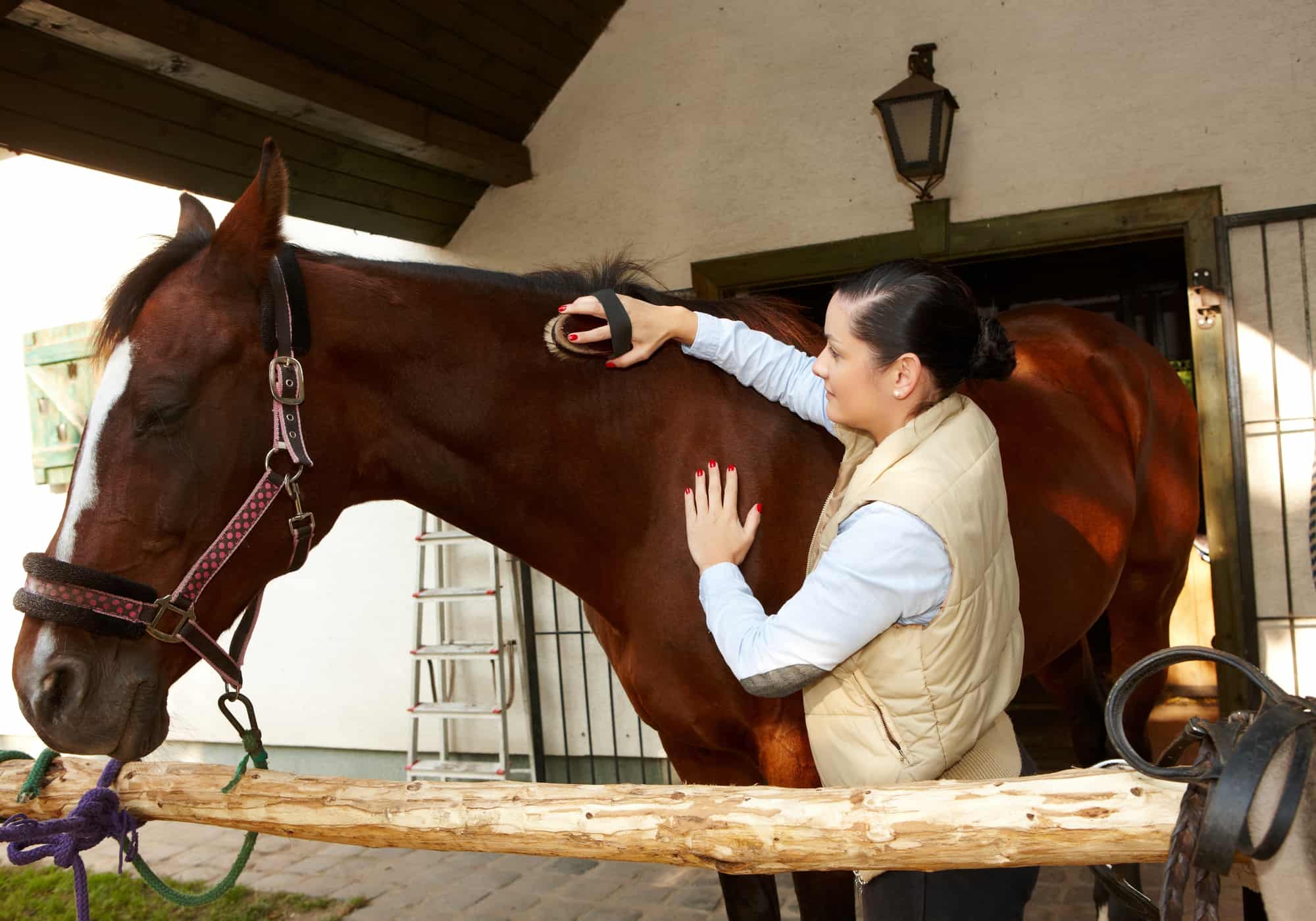
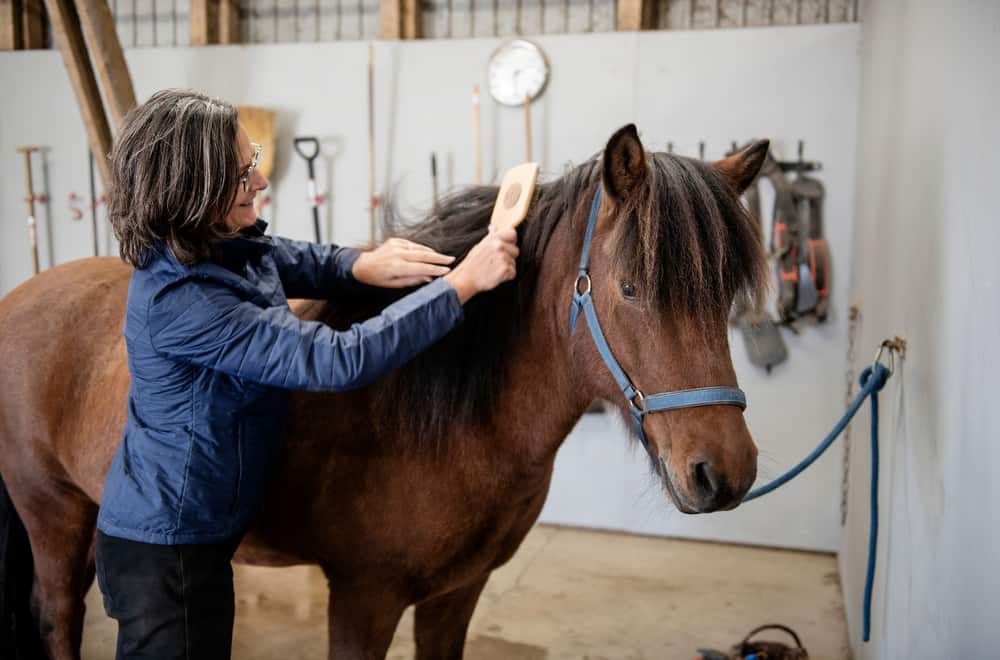
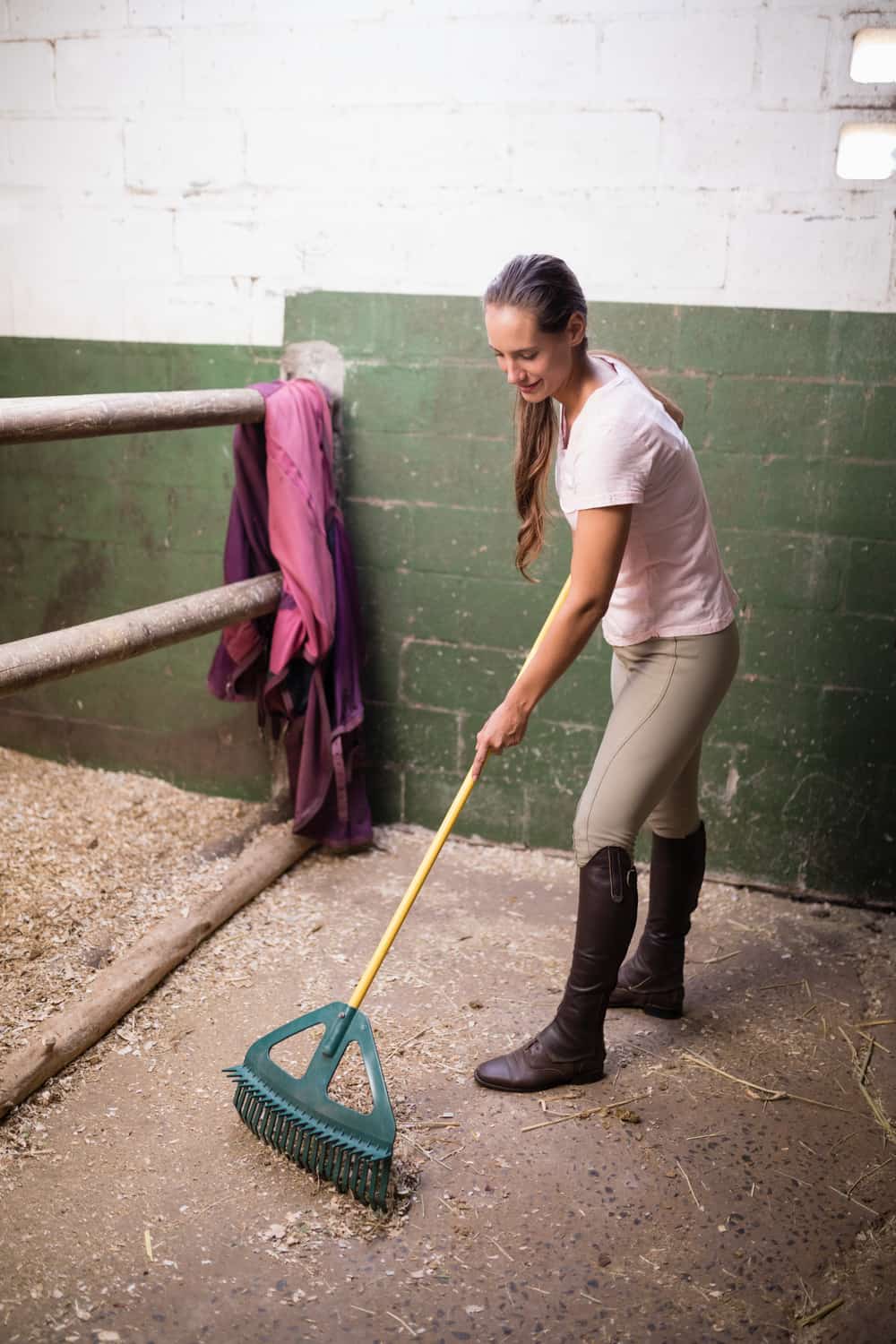
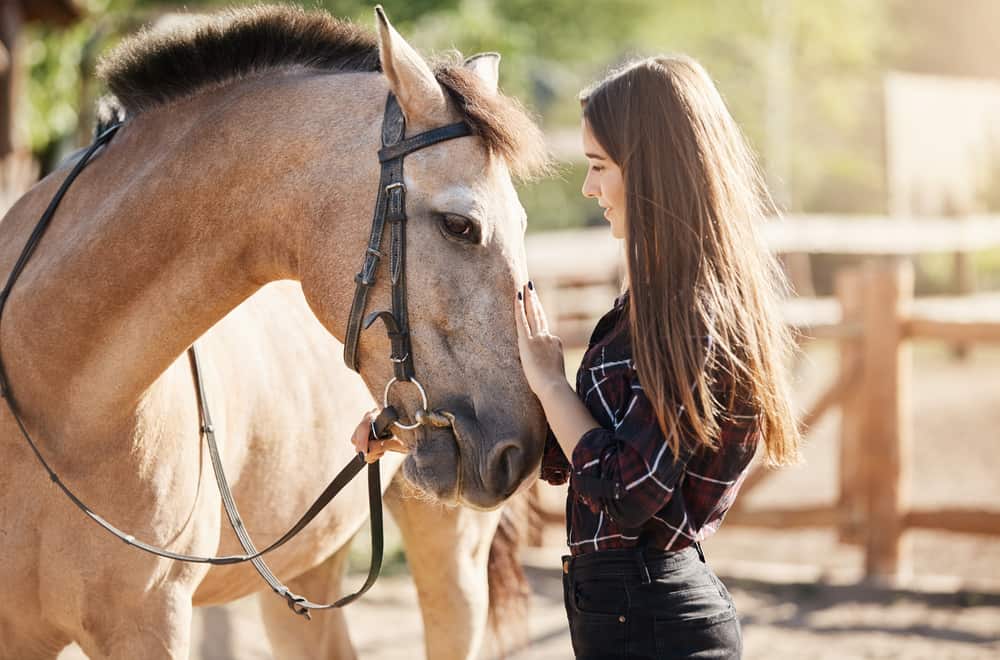
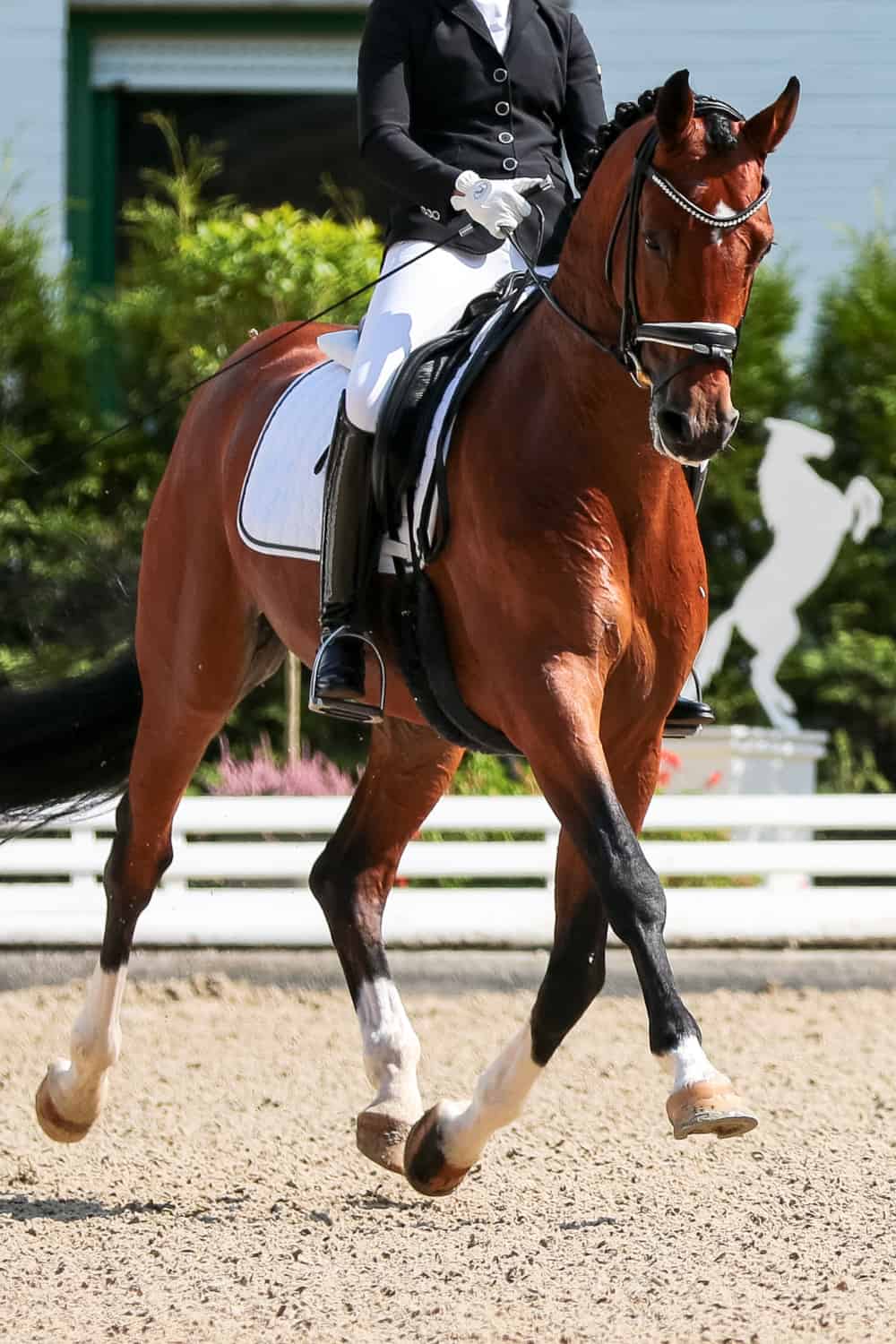
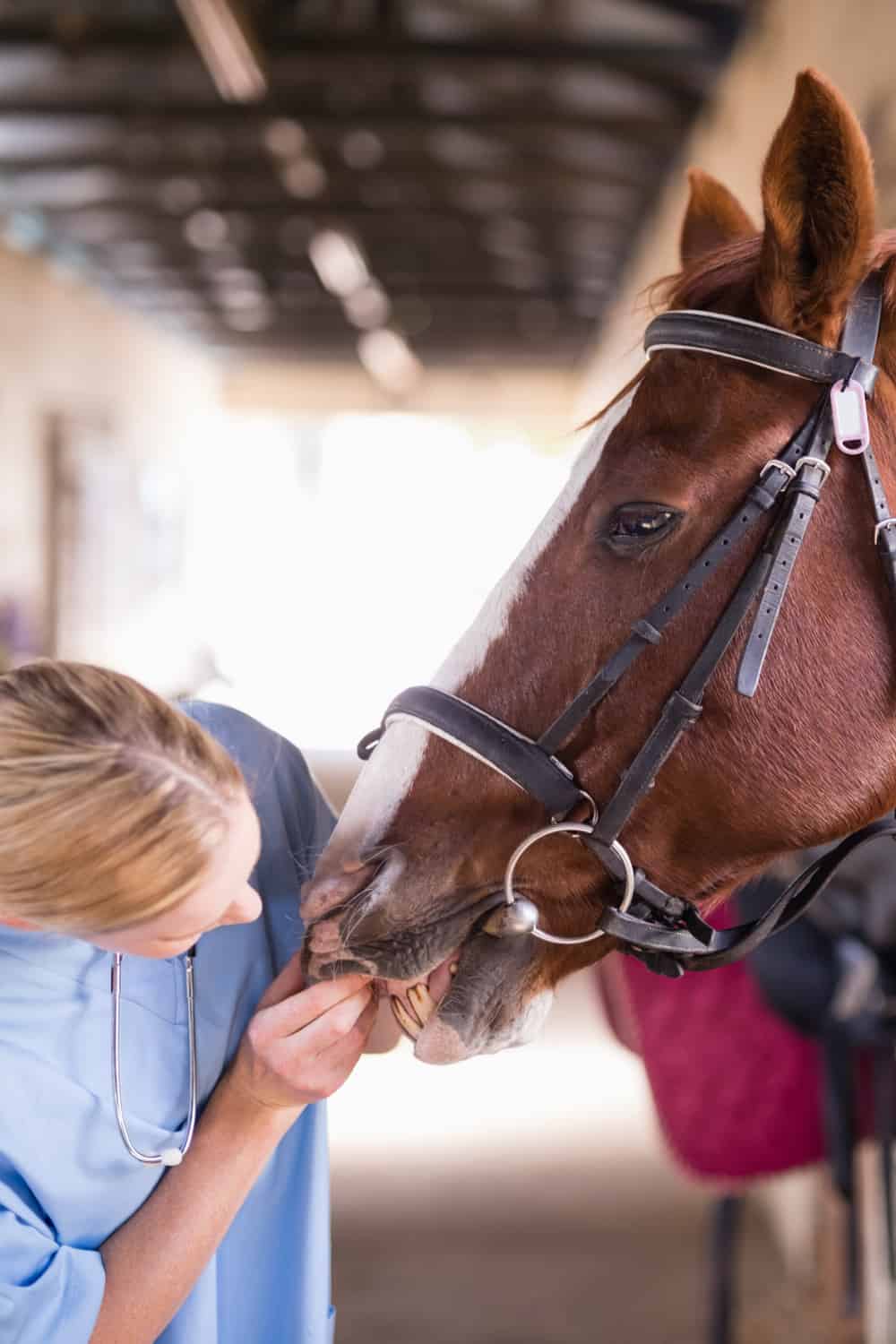
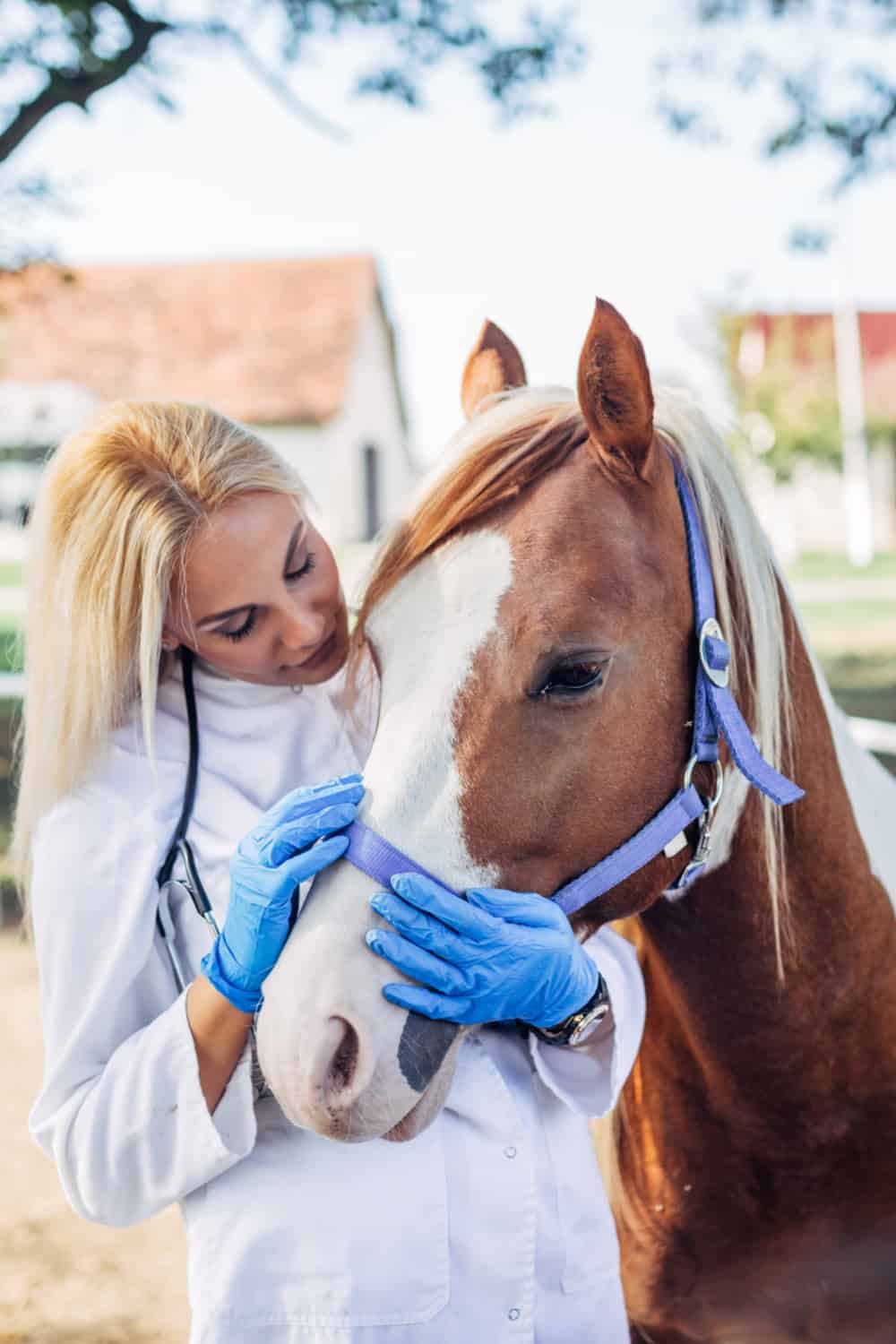
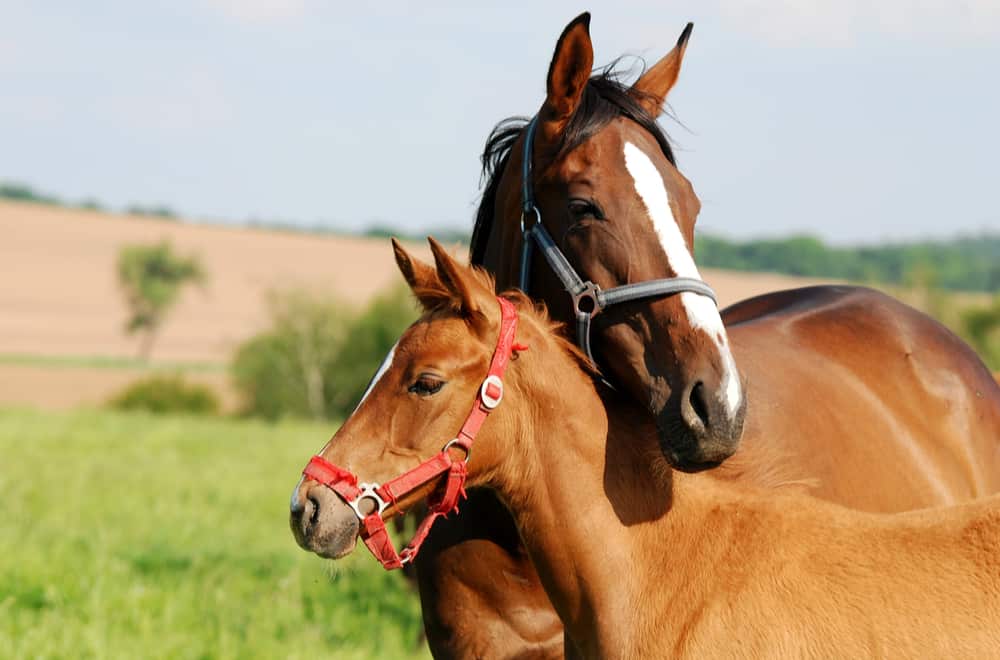
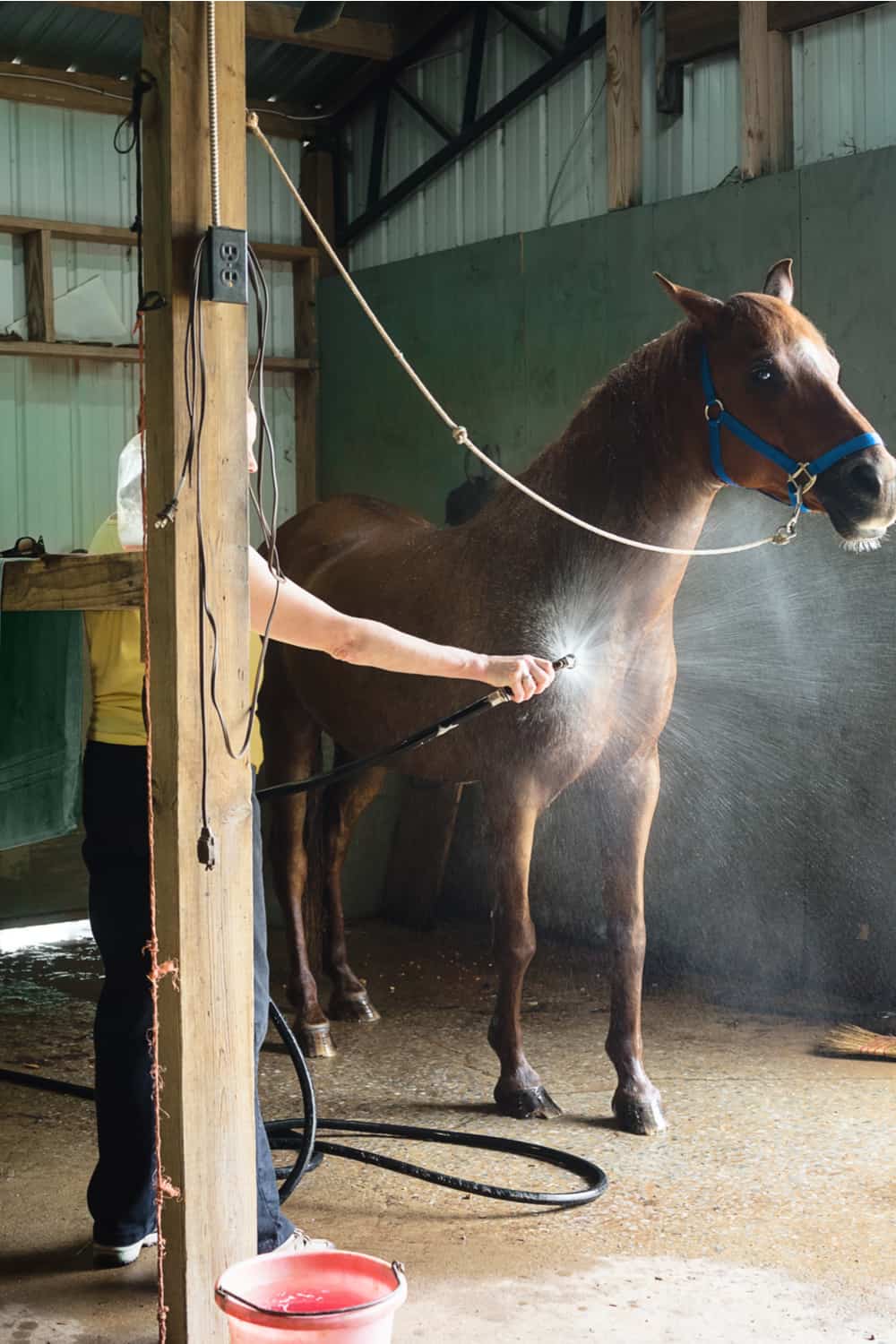
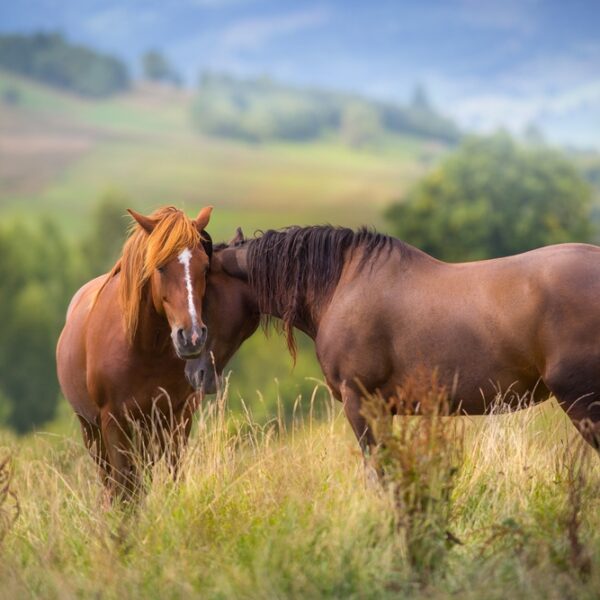
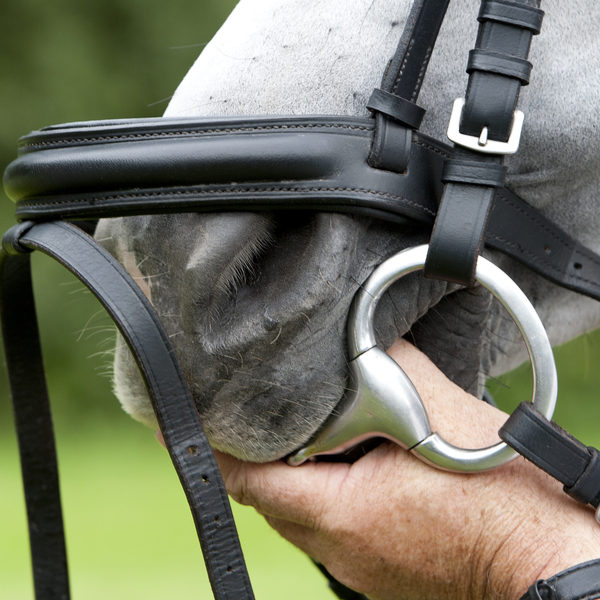
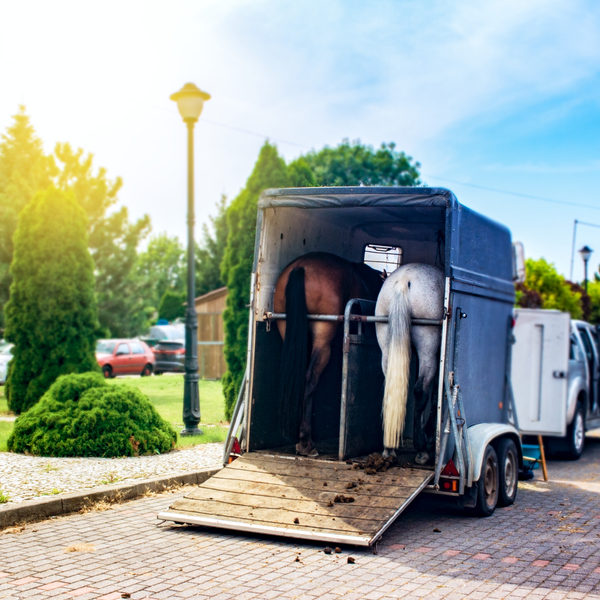
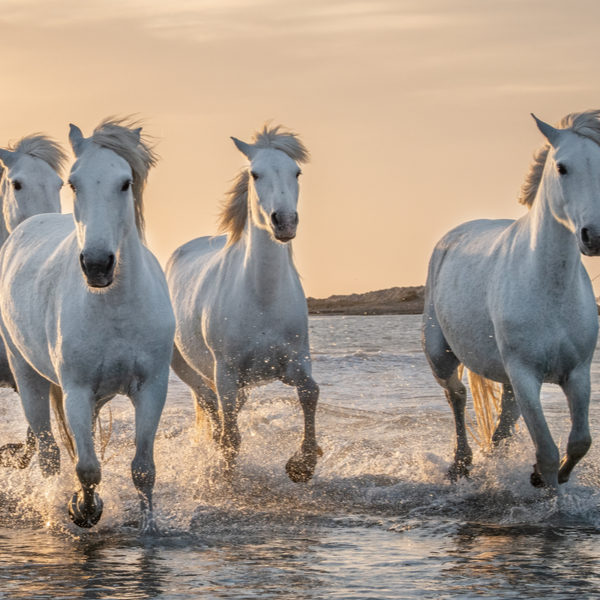
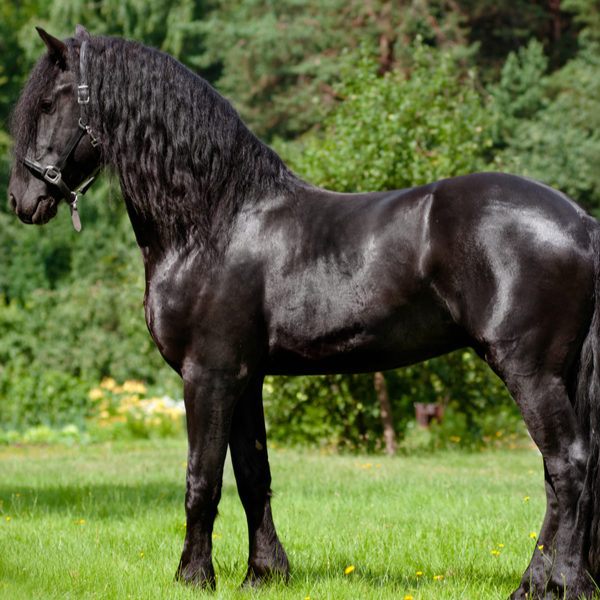
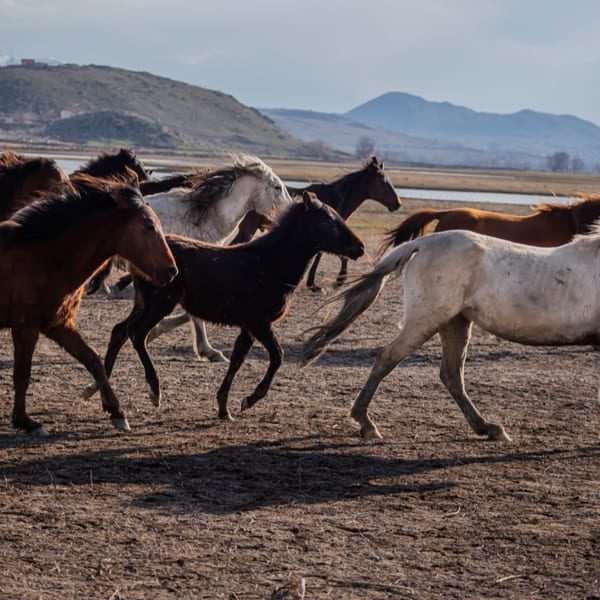
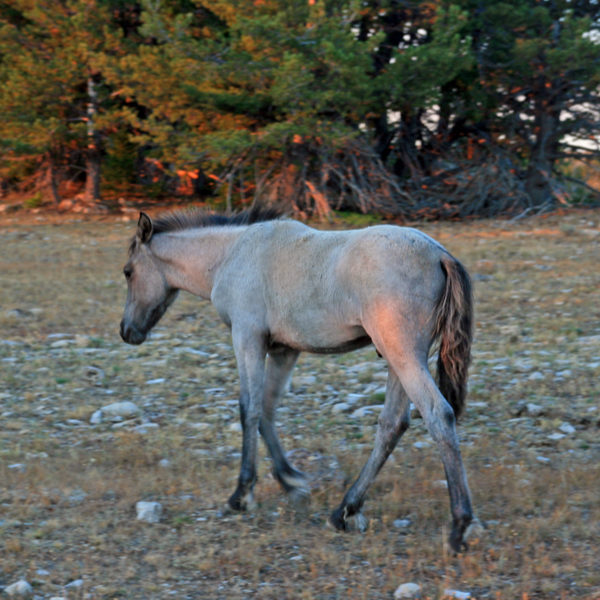
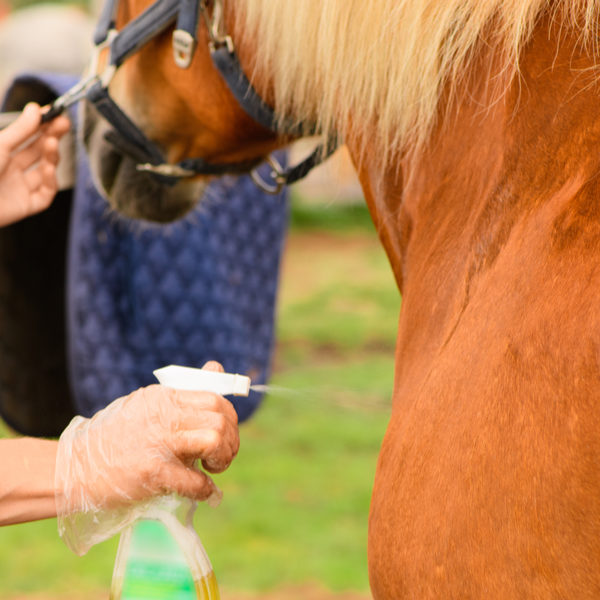
I am grateful that you brought up the necessity of fresh water for horses. I would recommend investing in an automatic horse waterer to ensure that your animals have fresh water every day. My grandpa owns a lot of horses, so I will share this information with him to help him take proper care of his animals.
I already know that water is necessary for the horse, but training your horse is also necessary. But it is good to Know Some other points also.